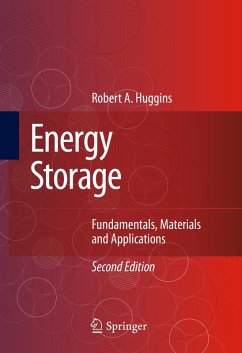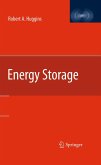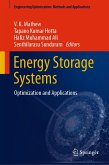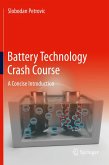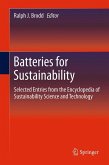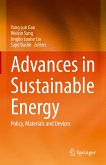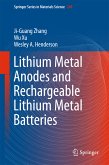- Explains the fundamentals of all major energy storage methods, from thermal and mechanical to electrochemical and magnetic
- Clarifies which methods are optimal for important current applications, including electric vehicles, off-grid power supply, and demand response for variable energy resources such as wind and solar
- New and updated material focuses on cutting-edge advances including liquid batteries, sodium/sulfur cells, emerging electrochemical materials, natural gas applications and hybrid system strategies
This book explains the underlying scientific and engineering fundamentals of all major energy storage methods. These include the storage of energy as heat, in phase transitions and reversible chemical reactions, and in organic fuels and hydrogen, as well as in mechanical, electrostatic and magnetic systems. Updated coverage of electrochemical storage systems considers exciting developments in materials and methods for applications such as rapid short-term storage in hybrid and intermittent energy generation systems, and battery optimization for increasingly prevalent EV and stop-start automotive technologies. This nuanced coverage of cutting-edge advances is unique in that it does not require prior knowledge of electrochemistry. Traditional and emerging battery systems are explained, including lithium, flow and liquid batteries. Energy Storage provides a comprehensive overview of the concepts, principles and practice of energy storage that is useful to both students and professionals.
Dieser Download kann aus rechtlichen Gründen nur mit Rechnungsadresse in A, B, BG, CY, CZ, D, DK, EW, E, FIN, F, GR, HR, H, IRL, I, LT, L, LR, M, NL, PL, P, R, S, SLO, SK ausgeliefert werden.
"... Es schließen sich 22 Kapitel mit theoretischen Grundlagen und verschiedenen Energiespeichermöglichkeiten an. ... das Buch sehr schon die reversible Interkalation ... hilft dem Leser dabei, die verschiedenen Konzepte ... zu verstehen. ... Das lehrreiche und didaktisch gut gemachte Buch bietet einen umfassenden Überblick über die physikalischen, elektrochemischen und strukturellen Prinzipien ... wendet sich gleichermaßen an Studenten Doktoranden wie an Hochschul und Industriewissenschaftler. ... Zielt auf Grundlagenverständnis und eignet sich zum Selbststudium oder auch als Nachschlagewerk ..." (Thomas Wohrle, in: Nachrichten aus der Chemie, April/2011, Vol. 59, Issue 04, S. 469)

